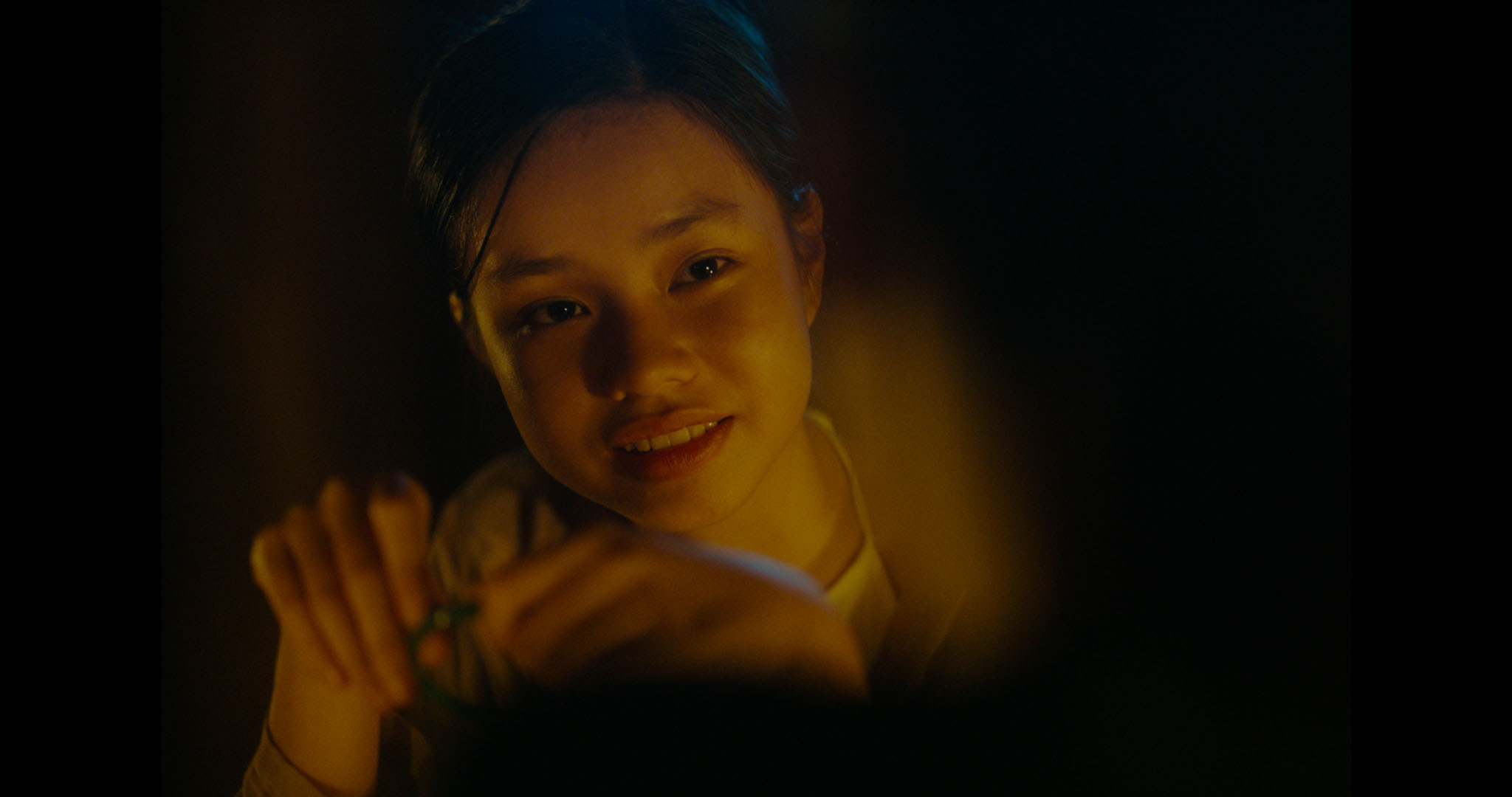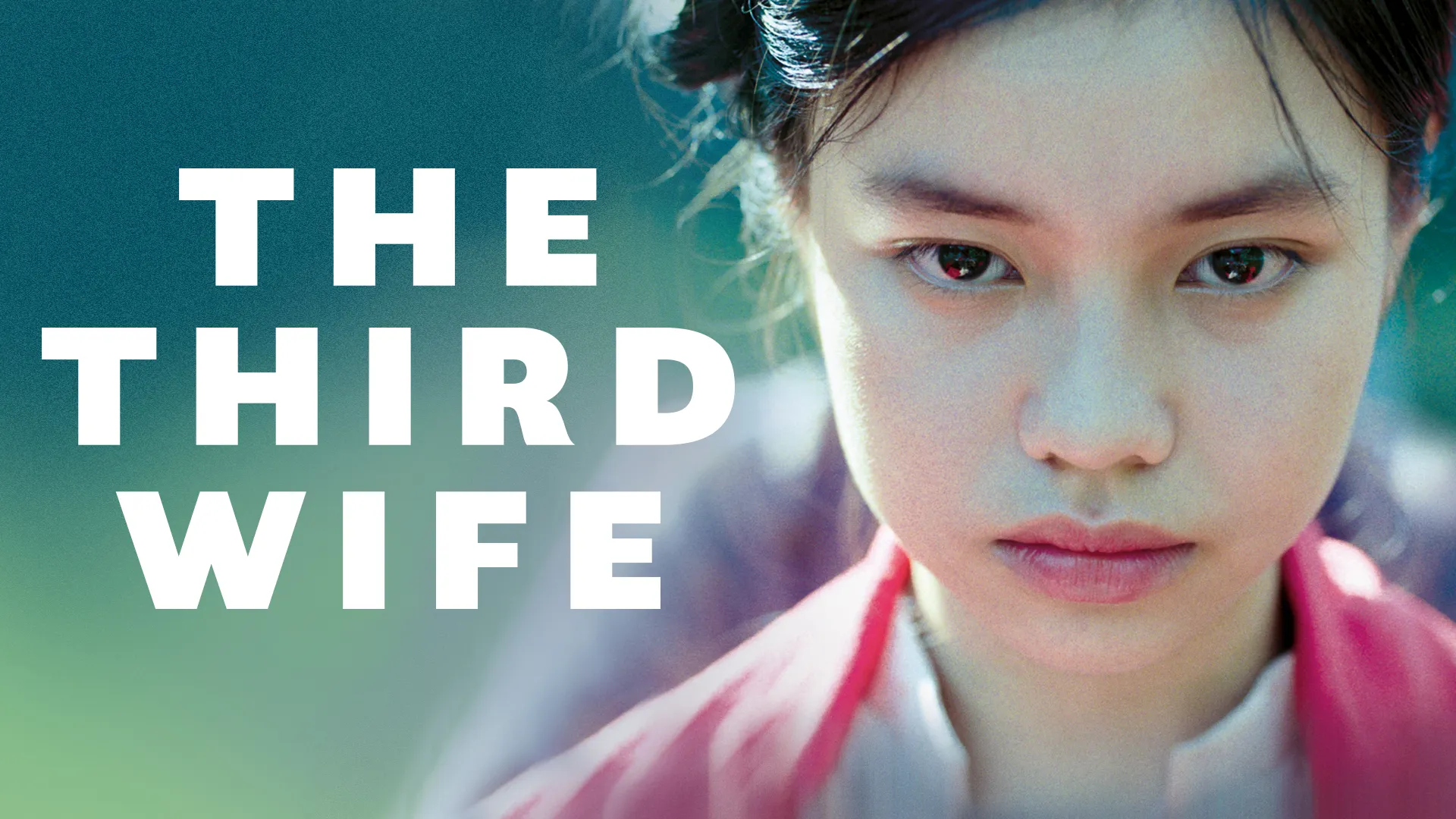The Third Wife (2018) is a hauntingly beautiful period drama that immerses viewers in 19th-century rural Vietnam, where tradition, patriarchy, and quiet rebellion weave a delicate yet powerful narrative. The film is a coming-of-age story wrapped in a poetic exploration of womanhood, identity, and silent resistance.
At the heart of the story is 14-year-old May, a young girl who becomes the third wife of a wealthy landowner. As she enters this unfamiliar world of polygamy and rigid hierarchy, she quickly learns that her worth is measured by her ability to bear a male heir. Yet beneath her quiet demeanor lies a mind brimming with curiosity, desire, and subtle defiance.

The film’s strength lies in its stillness and visual storytelling. Director Ash Mayfair crafts each scene like a painting—lush, sensual, and filled with symbolism. Through hushed glances, restrained gestures, and nature’s presence, she reveals the emotional tension simmering beneath the surface of this seemingly placid household.
The Third Wife is not just about May’s journey; it also exposes the suffering and suppression of the other women in the household. The first wife clings to status, the second fights for recognition, and May must choose whether to conform or risk everything for freedom. These dynamics create a tapestry of quiet pain and resilience.

Nguyen Phuong Tra My, in her debut performance as May, delivers a stunning portrayal of innocence and awakening. With minimal dialogue, she conveys volumes—her fear, confusion, and growing awareness radiate through her eyes and expressions. It’s a performance that lingers long after the credits roll.
The cinematography is a masterclass in mood and texture, using natural light, soft fabrics, and the Vietnamese countryside to evoke a dreamlike atmosphere. The visuals speak as loudly as the plot, drawing the viewer into an emotional and sensory experience unlike any other.

Though set in the past, The Third Wife resonates powerfully in the present. It offers a quiet critique of oppressive traditions while honoring the inner strength of women who endure, question, and quietly challenge the rules written for them. Its impact lies not in grand gestures, but in the emotional weight of what remains unspoken.
Ultimately, The Third Wife is a poignant tale of longing, constraint, and awakening. It asks unsettling questions about freedom and fate, and in its graceful, poetic way, it leaves viewers breathless with its beauty and heartbreak.


-1753063086-q80.webp)

